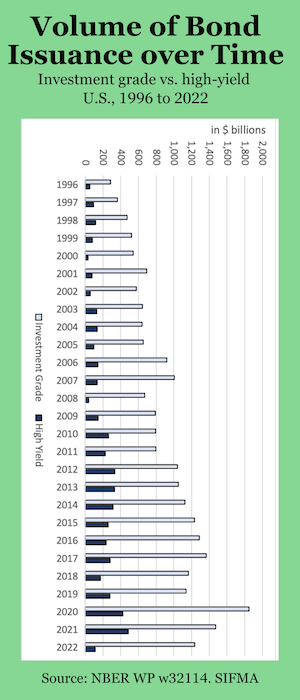The Chubb Group of Insurance Companies and the law firm of Morgan, Lewis & Bockius LLP have released a special report intended to help firms reduce the risk of a fiduciary liability lawsuit.
The report, “Who May Sue You and Why: How to Reduce Your ERISA Risks and the Role of Fiduciary Liability Insurance,” recommends that employers:
- Delegate fiduciary functions to committees with members who have the expertise and time to properly perform their duties.
- Establish programs to train fiduciaries on their responsibilities.
- Ensure the plan’s fiduciary structure and documents do not conflict with plan practices.
- Review fees and expenses at least annually to make sure the plan is not charged for costs that should be allocated to the plan sponsor.
- Accurately document all meeting conversations and decisions and recommendations made by outside service providers.
“Business owners and managers need to understand the fiduciary liability exposures they face, especially in an environment where they are likely to reduce staff or employee benefits,” said Christine Dart, vice president and manager for worldwide fiduciary liability at Chubb.
“Employees who still have jobs may not be inclined to ‘rock the boat,’ but those who find themselves overboard are more likely to take legal action against employers, especially if their 401(k) plans sustained losses before they were terminated. Fortunately, employers can take steps to reduce the threat of fiduciary liability lawsuits.”
The U.S. Labor Department reported 910 corrected violations resulting from the 1,042 investigations of violations of the Employee Retirement Income Security Act (ERISA) it conducted in 2009.
“The U.S. Supreme Court’s ruling in LaRue v. DeWolff and regulatory changes have helped empower individual plan participants to bring actions for losses to their own accounts, paving the way for other claims against the fiduciaries,” added Charles “Chuck” Jackson, a labor and employment partner and co-chair of the ERISA Litigation Practice at Morgan, Lewis & Bockius LLP.
“While the goal is to address fiduciary issues before they go to litigation, that may not always be possible,” said Dart. “Companies that follow guidelines such as those suggested in Chubb’s special report may be able to better defend such claims; and fiduciary liability insurance may help manage the defense costs.”
© 2010 RIJ Publishing LLC. All rights reserved.


